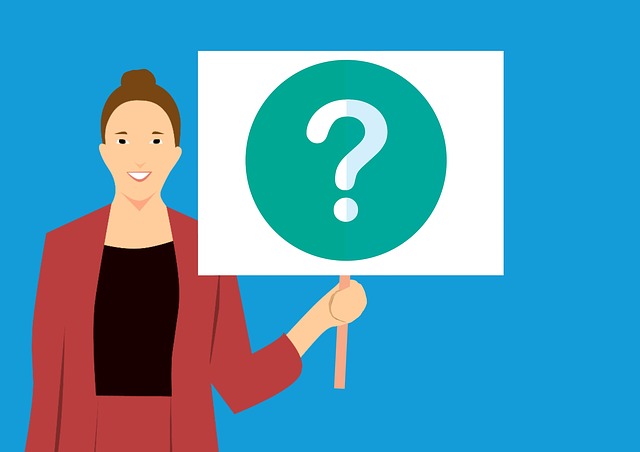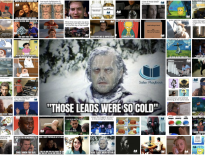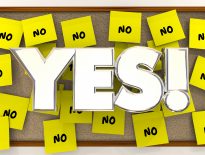
The guidance most sales professionals will be given around questioning prospects is to focus on asking open-ended questions as these will engage the potential client, entice them to supply a unique answer and prolong conversations. However every sales rep should have closed-ended questions in their repertoire. Examples of close-ended questions and an explanation around these should be included in your company’s Sales Playbook.
Closed-ended questions are great for diagnosis and provide reps with clear-cut facts, which means they don’t have to read between the lines during conversations. Open-ended questions should of course be primary, but mastering when to add in and what types of closed-ended questions to ask will make a sales professional much more rounded and in-turn more successful. You can read more on open-ended questions in my article Open-Ended Questions: The Key to Discovery.
Typically a closed-ended question will get a “yes or “no” response, for example, if you ask a prospect “are you currently looking at other solutions.” But, these can also be used to give the potential buyer options like “do you prefer black or white?” or if you have more than one solution to offer “would you like package A or B?” These types of questions invite specific responses as you begin to narrow conversations or lead them to a conclusion or commitment.
Close-ended questions start with words such as “Are,” “Will,” “Is,” “Have,” “Did,” “Do,” “Can,” “Would,” with the aim to collect direct factual data, they are specific questions to receive a specific response. Here are ten examples of closed-ended questions:
- Are you currently looking at other solutions?
- Will you be looking to make a decision on this in the next three months?
- Is there any further information you require?
- Have you spoken to everyone else involved?
- Did that all make sense?
- Do you like “X, Y or Z” features that our product provides?
- Can I come in to visit you on Tuesday?
- Are you in a position to move forward?
- Do you think “X” is a problem for you?
- Would you like to get started on this straight away?
When a “no” means a “yes” and a “yes” means a “no”
Another way to approach closed-ended questions is to look at it in the way of extracting the answer that you want quickly. An example of this is asking the prospect “are you happy with your existing supplier.” If the answer is “no” then you know they are likely to consider a new supplier. So, to you this answers your question of “is this a potential opportunity for me” and their “no” is actually a “yes” for you.
Another example is asking the buyer “are you getting the results that you expected?” if the customer says “yes” then the product you were potential looking to put forward may no longer be suitable, so this is actually a “no” answer to your question “is this product suitable”.
Closed-Ended Question Tips
- It’s important to fully understand the topic, so you can ask the right questions in order to get the right answers
- Questions should be specific and concise. The longer and more complex your questions the more likely the buyer is to misunderstand
- If you’re supplying multiple choice answers make these as concise and simple as possible, like A or B or A, B or C
- You should be able to anticipate what answers your prospect will provide from the questions you ask
In Conclusion…
By asking closed-ended questions you can very quickly get a great deal of information and each response can be followed up with an open-ended question or vice versa. The best sellers use a mixture of both open-ended and closed-ended questions to perform a thorough needs discovery, and the best sales conversations are the ones that have a good balance of questions to engage the prospect and getting them talking. The conversation should always be a back and forth where you’re asking good questions, then listening, understanding and remembering the response before sharing appropriately how you have helped others address similar or the same challenges.
“The best sales questions have your expertise wrapped into them”
Thanks for reading. If you enjoyed this article please like below and share on your social channels.


